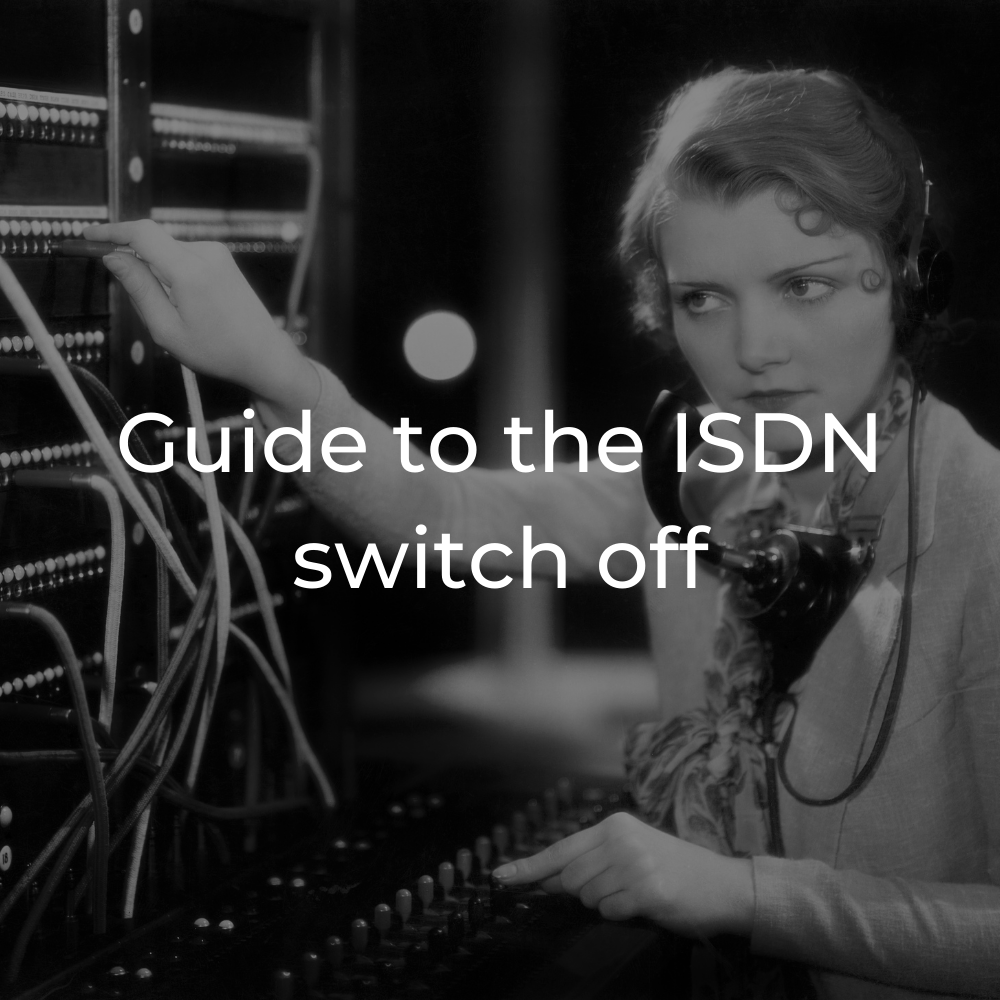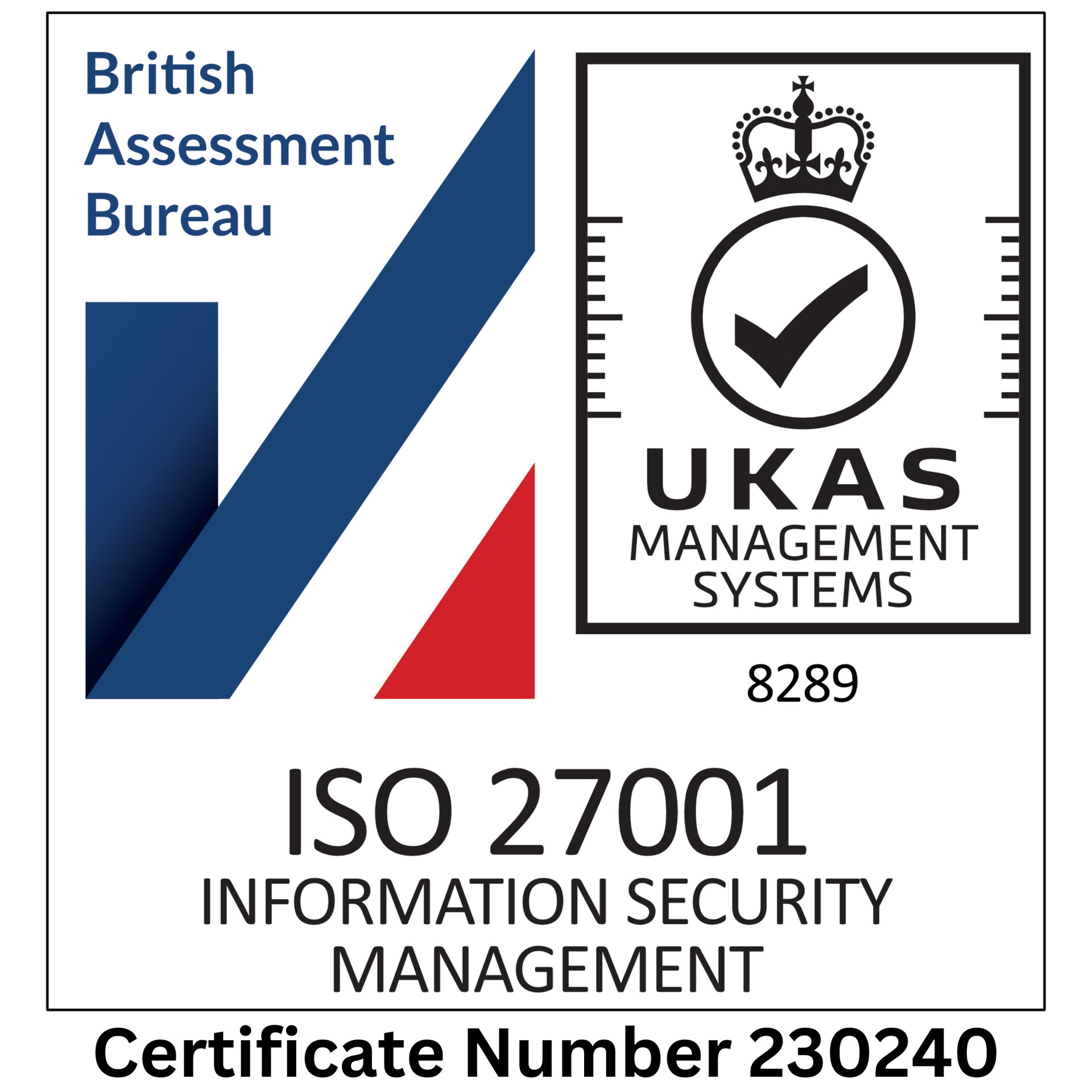The small business guide to phone systems
Small business owner? Need a new phone system? This is the guide for you. Learn how to find a VoIP phone system that helps you smash your goals.

Are you starting a new business and need a phone system? Or perhaps you want to replace a creaky old system with something a little more capable?
Great! You've come to the right place. For the last 10 years or so, we've specialised in providing VoIP phone systems to SMEs. With our help, clients have boosted their customer service, streamlined their communication and enjoyed cheap, high-quality calls to the UK and beyond.
But if you've done any research thus far, you'll know that small business phone systems can be complicated. That's why we've put this guide together.
So make a cup of tea and grab your reading specs. In five minutes or so you should – hopefully – know exactly what you need from a phone system.
Let's start with the basics.
What is a VoIP phone system?
VoIP stands for "voice over internet protocol". It's usually pronounced "voyp".
As the name suggests, VoIP sends voice signals over the internet rather than using copper cables. These copper cables power the old-fashioned PSTN telephone network that the UK has relied on since Victorian times.
VoIP is now replacing PSTN. And we don't just mean "VoIP is overtaking it technologically" – it's
literally
replacing it. In 2025,
BT is switching off its legacy PSTN and ISDN networks in favour of VoIP.
That's why this article will focus on VoIP phone systems exclusively. There's very little point in installing another kind of system at this point.
What are the benefits of VoIP?
VoIP has many benefits over old-fashioned phone systems.
Compared to ISDN, its forerunner, VoIP is easier to install, more scaleable and generally cheaper to run. Plus, it unlocks a tonne of useful features that just wouldn't be possible with an ISDN phone line.
How do I get VoIP up and running?
There are two options for VoIP installations: self-hosted systems and cloud-based systems.
Self-hosted VoIP systems
Self-hosting means running the VoIP system on your own premises. Your calls are still transmitted over the internet, but the software that makes that happen runs on your own server.
Naturally, this means you need some robust server hardware to make it happen. This can be costly and complicated, but you'll generally get a slightly more reliable service this way.
That said, cloud-based systems are plenty reliable as they are. And since self-hosting requires dedicated hardware, we'd usually recommend it to larger businesses that already have server infrastructure in place.
Cloud-based VoIP systems
With a cloud-based system, your VoIP service is hosted on an off-site server and delivered to your business remotely. This means you don't need any special hardware – all you need is a run-of-the-mill
business internet connection.
While this can be
slightly
less reliable than a self-hosted system, the benefits often make up for it. Cloud-based VoIP systems are very cheap to get up and running. And because you're not relying on hefty server hardware, they're extremely flexible. With a cloud-based system, moving to a new office is as easy as setting up a new internet connection.
What should I look for in a small business VoIP system?
Different VoIP systems fulfil different needs. Some focus on enterprise-level features and have enterprise-level costs to match. Others are more suited to sole traders or startups.
The important questions to ask yourself are: "does it meet my needs?", "does it support my goals?" and "is it affordable?".
Here are a few things to look out for.
Scaleability
VoIP systems are, generally speaking, more scaleable than traditional business phone systems. However, some make scaling up easier than others.
Naturally, as a small business with big ambitions, you'll want your phone system to grow with you. So when you choose your VoIP system, make sure it has options in place to support this growth.
For instance, is it easy and cost-effective to add new extensions? Unlike traditional systems, VoIP doesn't necessarily require expensive hardware to support new phone lines. You don't even need new handsets, as long as you're happy to use your office computers as softphones.
However, you should make sure that this process is as seamless as possible. If adding new lines will lead to downtime and headaches, is it going to be worth the hassle?
Security
Anything that transmits data over the internet should be considered a potential security risk. And that includes VoIP.
Don't get us wrong. The best-known VoIP providers have excellent track records for security – and we've thoroughly vetted our three
VoIP phone systems according to cybersecurity best practices.
Nonetheless, you shouldn't underestimate the importance of security when choosing a small business VoIP system. If you see anything that suggests a provider isn't taking security 100% seriously, we advise you run for the hills.
Features
Feature-wise, VoIP systems make traditional phones seem positively mediaeval.
The important thing to consider, as a small business owner, is: do you need all these features, or are they overkill?
For instance, hold music, video conferencing and one-number services – where your mobile phone can share a number with your desk phone – are all very useful, no matter the size of your business. However, things like in-depth reporting and complex queue management features might not be necessary until your business picks up the pace.
Another feature to keep in mind is unified communications, or UC. If a VoIP system offers UC, it means it can act as a complete communications suite. Typically, a UC suite will combine voice, video and text chat into one easy-to-use system.
This can be a real boon if you're working with remote employees. Keeping your comms contained in one UC system means you avoid the faff, confusion and security concerns that come with using multiple apps.
Cost
Of course, cost should be high on your list of priorities.
But a word of warning: while it might be tempting to go for cheap, consumer-orientated VoIP systems, these often lack critical features that come as standard with business VoIP.
Could you live without extension forwarding, mobile phone redirects or an auto attendant? If not, it's worth going straight to a business-orientated VoIP service.
The good news is that even business VoIP tends to be affordable, especially in terms of call charges. Many VoIP providers offer unlimited calls to UK numbers as part of their monthly subscription costs.
What's the best VoIP system for small businesses?
Our money's on
Wildix.
Wildix is hardly the world's best-known phone system, but it's among the most flexible we've ever encountered.
It's this flexibility that makes it such a good choice for small businesses. Whether you're a sole trader or a burgeoning brand, Wildix can provide the tools you need to succeed. Enjoying rapid growth? It's easy to scale up your phone lines and features to match.
And let's not forget security. Wildix is an entirely cloud-based system that's secure by design. It uses a native encryption system to protect your traffic, without the need for costly VPNs (virtual private networks) or SBCs (session border controllers).
Interested?
Learn more about what Wildix can do – or
get in touch with one of our friendly experts for a no-obligation chat.
Want more tech tips and news, without relying on Google?
Sign up for our Knowledge Hub and we'll keep you updated by email. No spam – promise!




















